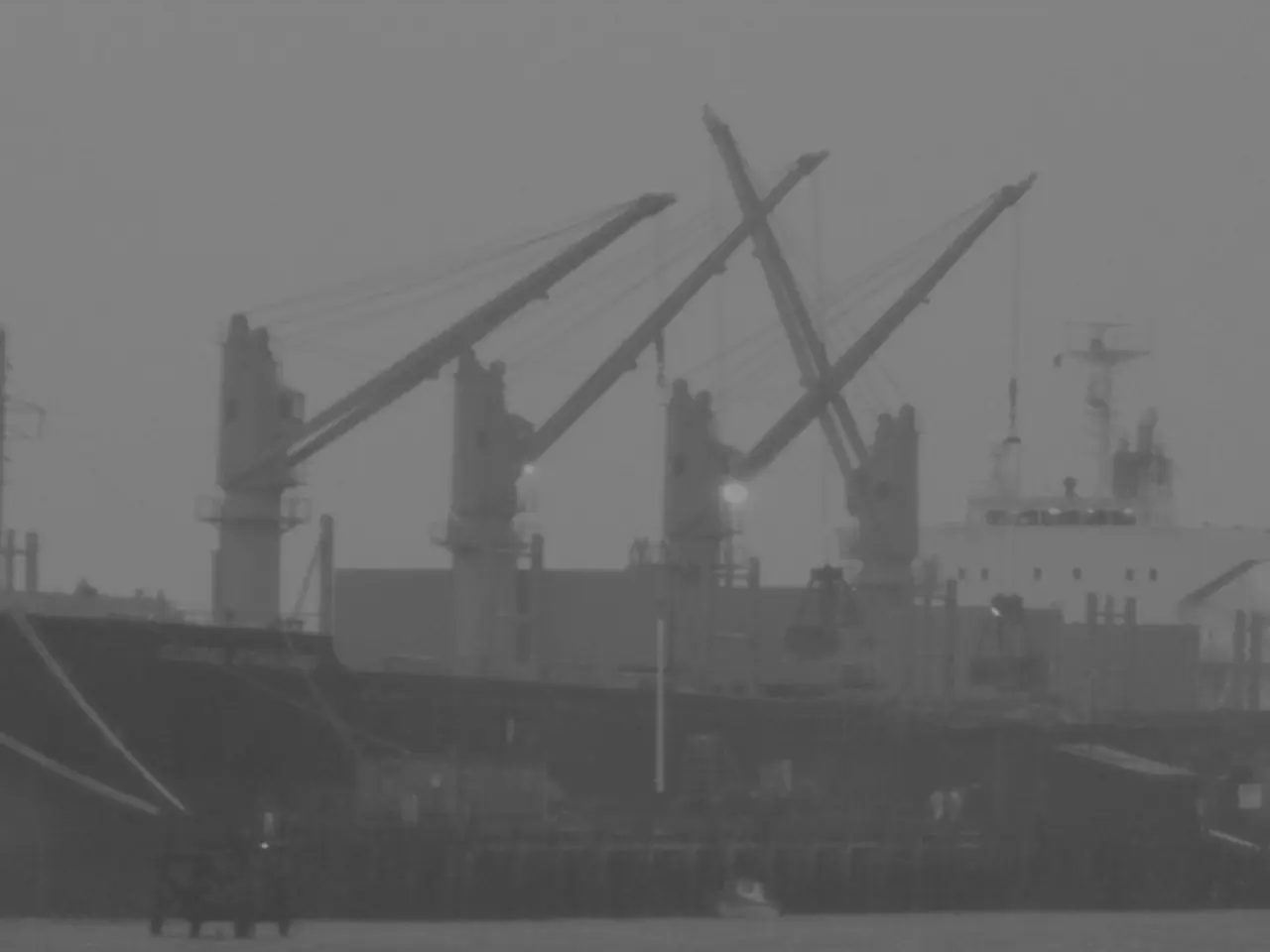Requests Yakutian leader to boost treasury loans for northern imports expansion
In recent developments, several regional leaders in Russia have voiced their support for increasing credit limits for northern supply, aiming to bolster critical supply chains that face unique logistical challenges due to their remoteness, harsh climate, and limited infrastructure.
Governor of Kamchatka Krai, Vladimir Solodov, has joined the call, expressing the need for an additional 400 million rubles for his region. Meanwhile, the head of Yakutia, Aisen Nikolaev, has called for an increase in the volume of treasury credits, as Yakutia currently lacks 9.5 billion rubles for northern supply, with interest rates as high as 25-26% per annum.
The Governor of Chukotka, Vladimir Kunzayev, has also highlighted the need for additional funding for northern supply, although it remains unclear if he is requesting an increase in credit limits like the heads of Yakutia and Kamchatka Krai.
The concept of increased treasury credits for northern supply is not new. It is a government initiative aimed at supporting essential goods and services in these challenging regions. The funding is intended to offset higher transportation and storage costs, ensure economic and social stability, and maintain central government control over these remote areas.
However, the implementation of these increased credits is not without its challenges. Balancing the need for inflation control, fiscal discipline, and regional economic stimulus is a delicate task. Moreover, Russia's banking sector is under pressure from high inflation and economic stagnation, which could limit the effectiveness of future treasury credits.
International sanctions also pose a significant hurdle, as they restrict Russia's access to global financial markets and limit foreign investment, making it difficult to fully fund or leverage external support for northern supply initiatives.
Despite these increased credits, persistent logistical challenges, fiscal and inflationary pressures, and the constraints imposed by international sanctions all contribute to ongoing funding gaps. Reports indicate that some northern regions still experience shortages, particularly in winter, due to infrastructure gaps and the sheer scale of logistical needs outpacing current funding allocations.
In conclusion, while increased treasury credits have helped stabilize northern supply chains in Russia, they are not a panacea. The Russian government continues to balance these competing priorities in an effort to maintain essential services in the north while grappling with broader macroeconomic instability.
In light of the ongoing discussions, the Governor of Chukotka, Vladimir Kunzayev, seems to echo the need for additional financial support for northern supply, aligning with the industry's demands. Amidst these initiatives, the heads of Yakutia and Kamchatka Krai actively participate in the finance sector, seeking elevated credit limits for their respective regions to sustain critical business operations.




